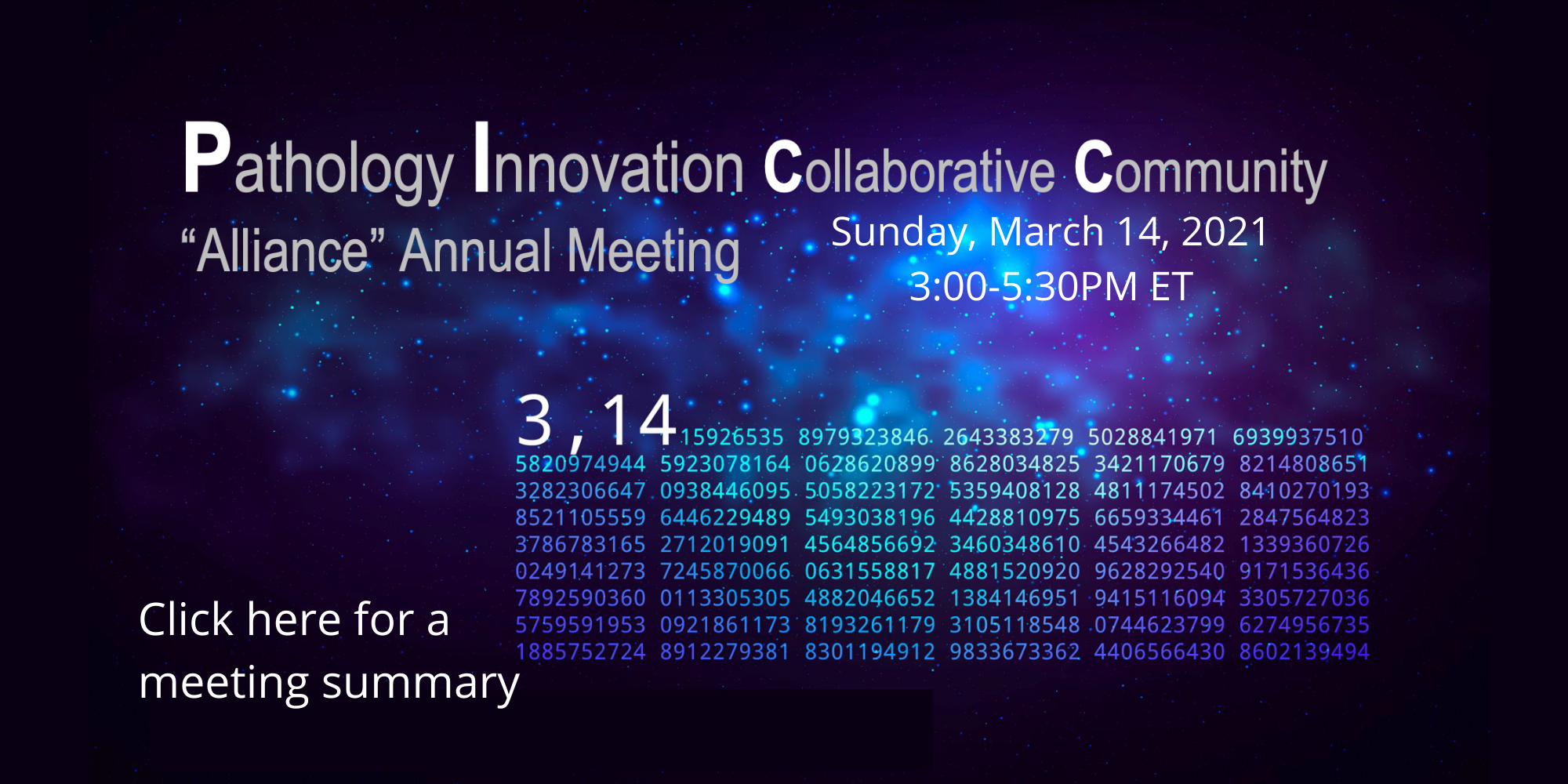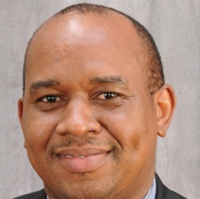Trainees
During the drafting sessions of the PIcc Charter (link), the question about trainee representation came up. This is the Trainee’s workgroup. The main aim of this group is to provide additional practical education for trainee’s in graduate or postgraduate programs as well as pathology residency and fellowship programs. If you have an interest in regulatory science related to digital pathology/ML/AI please join.
Why join?
We focus on providing additional input and education on topics that are underrepresented in formal trainee education (but are assumed to be of paramount importance in your future leadership role).
Requirements
You have to currently be in a:
Graduate school program
Early career scientists
Postgraduate education (e.g. post-doctoral fellowship program)
Pathology residency and/or fellowship programs
Focus
We want to focus mainly on three practical aspects:
Technical projects
Working courses
Interactive seminars
Network
We offer networking among trainees that share similar interests:
Access to an unparalleled network of experts
Opportunities to collaborate with your peers and future colleagues
Career advice with concrete relevance for daily activities
If you are considering joining as a trainee and/or expert, please take the survey:
Initial Topics of Interest
Project topics are dynamic. Topic selection is driven by current membership and will continue to evolve as membership needs change. New project topics are brought forth to Trainee Group leadership and general membership at any time.
Running your own lab (research or clinical)
Regulations impact lab budgets, personnel, care offerings, amongst other aspects of the lab. This project will create modules to train individuals on the subject before they step into faculty and leadership roles.
Assessing the current state of regulatory education in the U.S.A.
Projects reviewing the current state of regulatory education in the U.S.A. allows for trainees to directly work with experts in the field while securing a baseline knowledge of regulatory sciences.
IRB & ClinicalTrials.Gov
Taking on the role of PI comes with particular mandates, all controlled by the regulatory sciences. Effective PIs understand what is required of them for IRBs and regulated documentation services like ClinicalTrials.Gov.
Grant writing
This workshop will review grant writing and reviews project budgets necessary to complete winning grant applications. Firm understanding of grant writing will enable you to get involved early in the process and hone these hirable skills.
Current Projects, News & Updates
Group Leaders
Kingsley Ebare, MD, MPH
Kingsley Ebare is a fourth year pathology resident at the Baylor College of Medicine, Houston, Texas. As one of the travel award recipients to pathology visions 2019, Kingsley was able to connect with several experts and enthusiasts in digital pathology and has since developed a keen interest in regulatory aspects of digital pathology. As a future surgical pathology fellow at MD Anderson, Kingsley seeks to develop his diagnostic skills in oncologic pathology and apply some of the learned concepts into developing and applying AI in pathology. Kingsley spends his free time watching movies/shows with his family and goofing around with his kids.
Sarah N. Dudgeon, MPH
Sarah N. Dudgeon is a doctoral student in Computational Biology and Bioinformatics at Yale University. Former Oak Ridge Research Institute Awardee for a trainee role in medical device research at the U.S. Food and Drug Administration, Sarah’s specialty lies at the intersection of ML model validation and applied clinical use. Sarah previously served as the Alliance Project Manager and now contributes to Alliance offerings for trainees and co-leads the Truthing Working Group. In her free time, Sarah peeps Connecticut leaves, hunts morel mushrooms, and bike-packs with the Yale bike club.
Julia Thierauf, MD, PhD
Julia is a board-certified Head and Neck Surgeon from Heidelberg, Germany, and joined the Molecular Pathology Department at Massachusetts General Hospital as a research fellow in 2019. Her work focuses on orphan diseases and she developed a 3D organotypic co-culture model to further investigate the pathogenesis of rare tumors. Julia currently works on the clinical validation of next-generation sequencing of fine-needle aspiration cytology in salivary gland malignancies.








